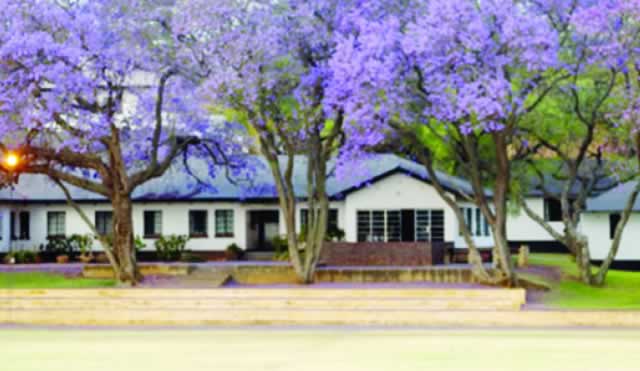Businesses oppose power tariff hikes
Pamela Shumba Senior Reporter
BUSINESSES yesterday objected to the proposed electricity tariff increase saying they were already struggling to pay the current charges.
The Confederation of Zimbabwe Industries, the Zimbabwe Chamber of Mines, the Zimbabwe Farmers Union, the Commercial Farmers Union and the Zimbabwe Commercial Farmers Union met and agreed that any increase in power tariffs would negatively impact on their operations and viability.
Power utility, Zesa Holdings applied for a 49 percent electricity tariff increase, which they say is necessary to augment emergency power imports and reduce load shedding.
Zesa recently started to import 300MW from South Africa’s Eskom to augment local generation.
In a statement yesterday, the business representatives’ strongly opposed the proposal and said Zesa needs to be restructured at all levels for cost containment.
They also said power was being imported from countries using weaker currencies, hence there was no need of an upward review of tariffs.
“Business member organisations met to discuss the proposed 49 percent electricity tariff increase application by the ZETDC. It’s clear that every sector can’t afford any tariff increase and infact some of the companies belonging to these sectors are struggling to pay electricity tariffs at current levels as evidenced by the current $1 billion owed to ZETDC by consumers,” argued the business representatives.
They said inefficiencies at power stations need to be improved as energy conversion at Hwange Power Station is about 21 percent when the industry norm should be above 35 percent.
“The small thermals, which include Bulawayo, Munyati and Harare are currently operating below 30 percent of their installed capacity and use expensive coal washed peas. As consumers we’ve always been of the view that the dollar spent at these thermals will benefit the nation better if deployed at Hwange Power Station.
“We’re seriously perturbed by the decision that was taken to bring into the tariff equation the emergency power from diesel generation. This proposed 200MW emergency power is coming at a huge cost to the economy. The investment by the economy in this proposed scheme can be better utilised if deployed to give a permanent solution to this energy crisis, even if it means that permanent energy will be realised three to five years down the line.”
The businesses also argued that all imported power was coming from utilities operating in weak currencies and therefore the cost should be low, thus not requiring a review of tariffs upwards.
They said significant cost reduction could be realised within the power utility itself. With the pre-payment system now supposedly working, banking halls could be dispensed and head office overhead could be significantly reduced.
“Taking depreciation and return on assets (ROA) out of the revenue required, we find that payroll costs are 32 percent at Zimbabwe Power Company (ZPC) and 20 percent at ZETDC, which we believe should be reduced like what is happening in all sectors of the economy.
“The $1 billion debt is clear demonstration that consumers are unable to take a tariff increase. If anything there is a need for tariff reduction,” said the businesses’, adding that any increase in tariffs will only serve to reverse the progress by the government and the private sector towards addressing competitiveness and productivity of the economy.












Comments